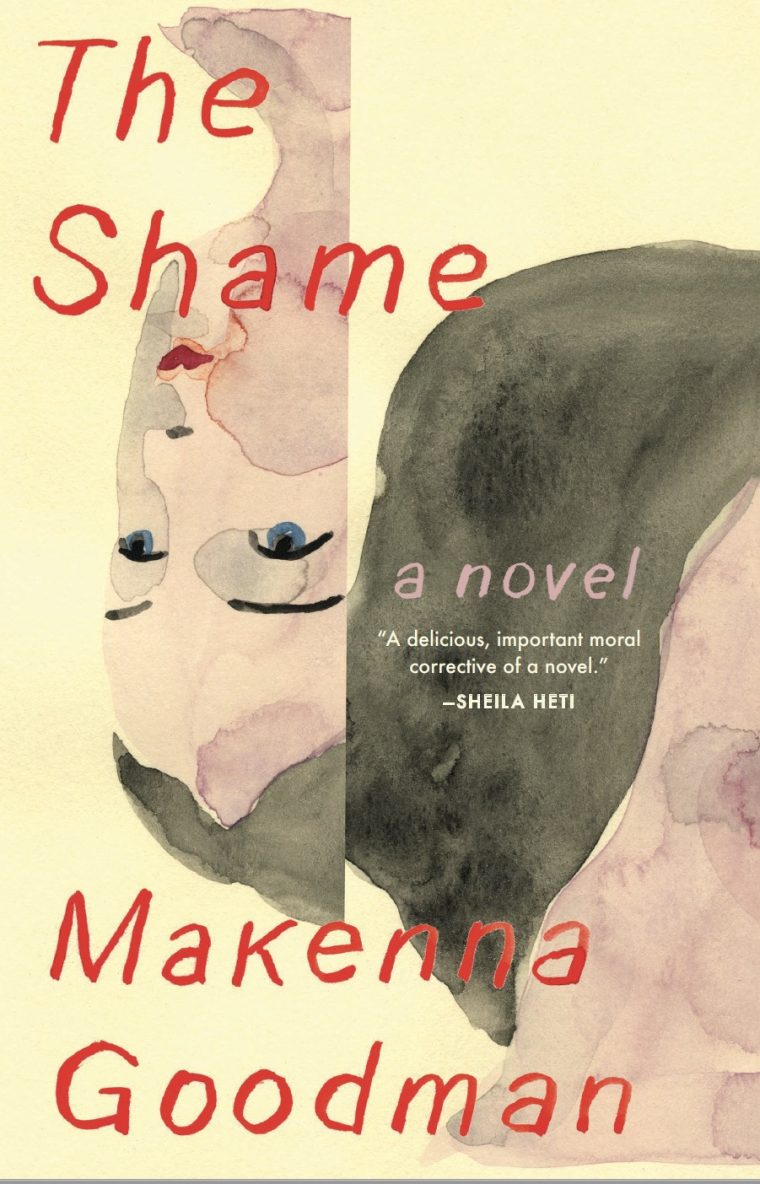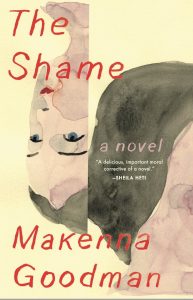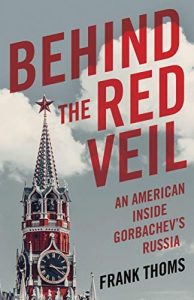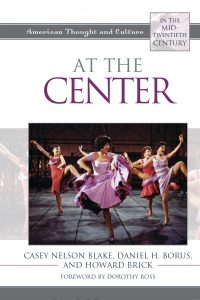“You Just Have to Read This…” Books by Wesleyan Authors Goodman ’06, Thoms MAT’62, and Blake ’78

In this continuing series, Annie Roach ’22, an English and Italian studies major from Middletown, Del., reviews alumni books and offers a selection for those in search of knowledge, insight, and inspiration. The volumes, sent to us by alumni, are forwarded to Olin Library as donations to the University’s collection and made available to the Wesleyan community.
 Makenna Goodman ’06, The Shame (Milkweed, 2020)
Makenna Goodman ’06, The Shame (Milkweed, 2020)
In a letter to her children that she writes in case of an untimely death, Makenna Goodman’s protagonist Alma muses, “My great fear, which has kept me up nights for years, is that you will have to live without a mother when you need one the most.” This sentiment does not stop her from abruptly escaping her rustic Vermont home one night and leaving behind her young children and professor husband in pursuit of a life in New York City. As Alma’s identity crisis unfurls throughout her road trip to Brooklyn, she gradually reveals to the reader the circumstances of her departure in hushed, urgent prose.
The development of the narrative mirrors the progression of a long drive: at times the story feels electrifying and precipitous, at other times dreamlike and ponderous. Goodman manages to create a character who is desperate, imaginative, and lost, evoking an image of motherhood that is Elena Ferrante-adjacent in its subtle rage and self-doubt. Goodman’s novel also ties issues of the female consciousness to overlying sociopolitical systems and modern-day capitalism, making her work revolutionary in the world of female-authored literature. The Shame feels ultra-relevant in its interrogation of the contemporary female psyche and the pressures of marriage, motherhood, and career.
Makenna Goodman ’06 is a writer and editor of both fiction and nonfiction. She has developed award-winning and bestselling books on food, agriculture, health, and the environment. The Shame is her debut novel. She lives and works in Vermont.
 Frank Thoms MAT’62, Behind the Red Veil: An American Inside Gorbachev’s Russia (Spark Press, 2020)
Frank Thoms MAT’62, Behind the Red Veil: An American Inside Gorbachev’s Russia (Spark Press, 2020)
From the very first page of his memoir Behind the Red Veil: An American Inside Gorbachev’s Russia, Frank Thoms’s excitement and passion about Russia and the Soviet Union are palpable. Although most of the memoir is in past tense, the first scene of the opening chapter, in which Thoms describes his first steps on Russian soil, is relayed in breathless present tense, revealing Thoms’s timeless appreciation for Russia and its abundant history.
Thoms’s voice as a lifelong educator shines through in his prose—his words are curious, thoughtful, and compassionate as he describes the process of getting to know the Russian people, often through the classroom. He also illustrates how this process informed his own understanding of his identity as an American. His memoir appreciates the dynamic experience of his travels to Russia and the authentic encounters he has had with the Russian people, providing a faithful and engaging account of his multiple experiences as a teacher, friend, and citizen.
Frank Thoms MAT’62 has spent his life studying, researching, and becoming acquainted with all things Russia and Soviet Union. He taught Marxist Socialism, Russian history, and the Soviet Union to eighth graders for 25 years, before traveling behind the Iron Curtain for the first time in 1985. He has taught at four Soviet schools in three different countries. His memoir provides a portrait of the Russian people as he has experienced them through his various travels. He has previously published three books about the art of teaching: Teaching That Matters: Engaging Minds, Improving School; Teaching from the Middle of the Room: Inviting Students to Learn; and Listening is Learning: Conversations between 20th and 21st Century Readers.
 Casey Nelson Blake ’78, Daniel H. Borus, and Howard Brick, At the Center: American Thought and Culture in the Mid-Twentieth Century (Rowman & Littlefield, 2020)
Casey Nelson Blake ’78, Daniel H. Borus, and Howard Brick, At the Center: American Thought and Culture in the Mid-Twentieth Century (Rowman & Littlefield, 2020)
At the Center: American Thought and Culture in the Mid-Twentieth Century is the ninth and final installment in a series dedicated to defining, describing, and analyzing the history of American cultural and intellectual life from the 16th century to the present. The series is written by a collection of renowned historians, each pursuing a different time period in American history. In At the Center, Casey Nelson Blake and fellow professors and historians Daniel H. Borus and Howard Brick collaborate to tackle the time period of 1948–1963, a critical stage in the evolution of American thought and identity. Because this was a time when world leaders began to conceptualize America as a political and cultural “center” of the world, the authors focus on the notion of “centeredness” as the unifying theme of the volume. They explore how different definitions of “centeredness” functioned during the time, and seek to answer fundamental questions that were commonly asked by the thinkers of the period.
The authors embark on a thorough mission to understand and define a range of issues through a variety of mediums. Their evidence includes both academic discussion and examinations of popular films and literature from the era. Blake, Borus, and Brick provide a holistic and rigorous account of the mid-20th century, adding valuable insight to American historical investigation.
Casey Nelson Blake ‘78 is the director of the Center for American Studies, Mendelson Family Professor of American Studies, and a professor of history at Columbia University. He studies modern U.S. intellectual and cultural history, focusing on the relationship between artistic modernism, cultural criticism, and democratic citizenship. His other publications include Beloved Community: The Cultural Criticism of Randolph Bourne, Van Wyck Brooks, Waldo Frank, and Lewis Mumford; The Arts of Democracy: Art, Public Culture, and the State; and The Armory Show at 100: Modernism and Revolution.

